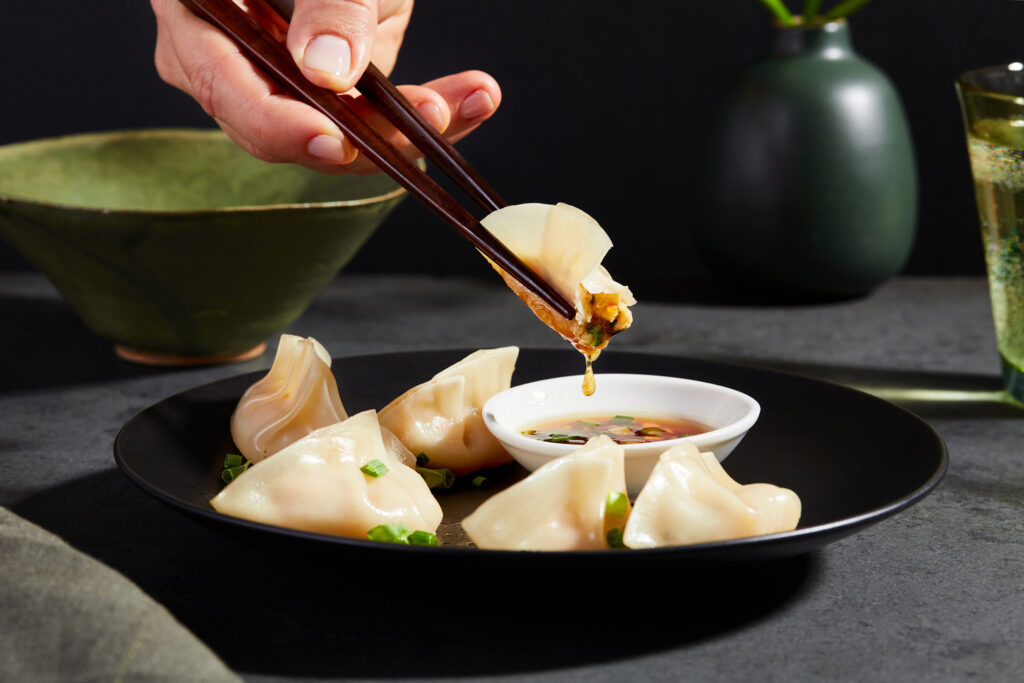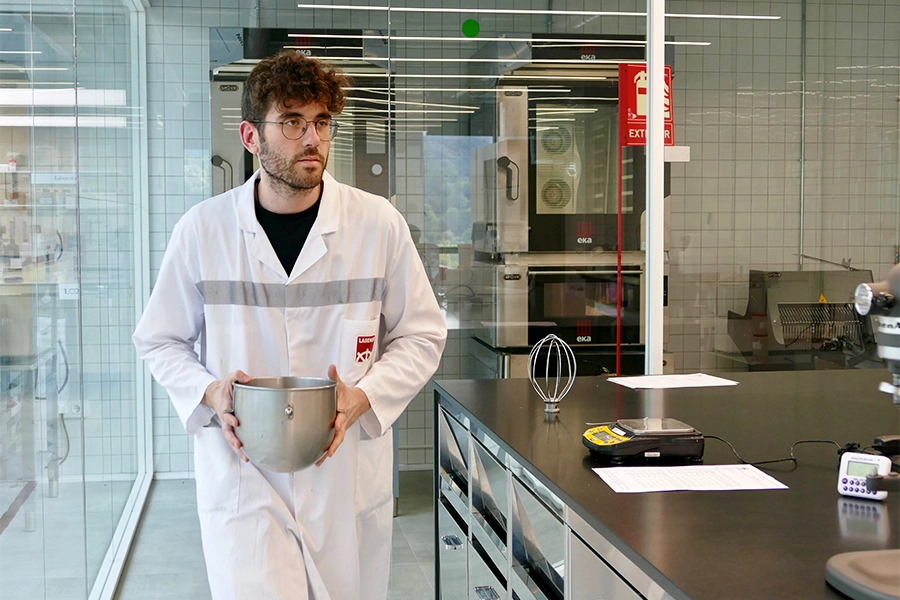

unClassic Foods is changing the narrative around plant-based protein with specialty mushroom
The global meat substitute industry has grown to more than US$14.1 billion in 2021, and is projected to reach US$17.4 billion in 2027, according to research by global business consulting firm EY. Despite this, consumption of plant-based protein still pales compared to animal meat. There are numerous obstacles to widespread adoption of meat substitutes such as sub-par products, unfamiliarity, or cultural reluctance.
Luiza Villela, a food scientist and founder of unClassic Foods, says the main reason so-called meat substitutes are not selling as well as expected is because most consumers don’t have a problem eating meat and, in fact, love eating it. Therefore, there is no hurry for the public to stop its meat intake, making it extremely hard to convince them to exchange something they like for something they don't like or aren’t familiar with.
Villela also noticed that most people see meat alternatives as an inferior product, and that many meat substitute companies feed into this narrative by benchmarking their products against meat, which is considered the golden standard. With products including the likes of plant-based 'meatballs' or 'chicken', mimicking even the appearance of meat, giving them the impression that plant-based protein is 'fake meat' or lesser than the golden standard.
unClassic Foods seeks to challenge this by going the opposite way – by presenting its specialty mushroom products as something that is of superior stature to meat. Currently, unClassic Foods has two products – mushroom steak tips and mushroom nuggets. These are made from high-quality whole oyster mushrooms and are pre-seasoned and pre-cooked, so consumers just need to heat them up or mix with their favorite dishes and serve. Villela aims to raise the profile of mushroom as a main protein source to the point that people would choose it on its own merits rather because of how similar it was to meat.
“People don't like inauthenticity. So, if you are selling something that mimics something else, it is really hard to not be the 'fake version' of it.” Villela said. “Our specialty mushrooms are not meat alternatives. Instead, they are a new center of the plate. Whenever people think about a meal, they naturally gravitate towards the protein, such as chicken, beef, fish, pork. We are positioning mushrooms as another member of the main protein category. Mushrooms will be at the center of the plate as the protagonist of the dish.”
In the future, unClassic Foods seeks to expand its operations, initially targeting food service clients in the fast casual dining category in California. After that, it will target the retail segment, bringing its mushrooms to a wider audience through major supermarkets’ shelves.
“Mushrooms definitely have the potential to be a new center of the plate, because it has the presence, texture, and umami flavor the people like, without having to pretend to be meat,” Villela said. “Most people only think about white buttons or champignon when it comes to mushrooms, but there is much more, with specialty mushrooms only making up 2% of the US market. We use a special variant of oyster mushrooms that has around 13% protein, compared to only 3% for regular mushrooms. We also do not add any isolates or concentrates, instead using the entire flower of the mushroom, not just the stems and other byproducts.”
Despite hailing from Brazil, a country well known for its meat, Villela became vegan both for health reasons and out of concern for the animals being used in the livestock industry. However, she also recognizes that eating meat has been part of human life and culture for thousands of years, and reducing meat intake is a gradual process that cannot be forced. After finishing her degree in biology at University of California, Berkeley, she has worked for several meat and dairy substitute producers, including the global market leader. Throughout her career she saw flaws in the messaging and presentation of the products, which she seeks to correct with unClassic Foods.
“The way the industry tries to convince people to change their diets is by mentioning the environment,” she said. “However, this is completely abstract, and the bottom line is, no one cares. Very few people go to the grocery thinking about the environment when they're buying food. No one says 'I'm definitely going to stop eating steak' when they see that a particular meat substitute product uses 90% less land and 90% less water than beef. People don't necessarily need something to be exactly like meat. If it's delicious and it's truly healthier for them, they will make the change.”
If you have any questions or would like to get in touch with us, please email info@futureofproteinproduction.com






